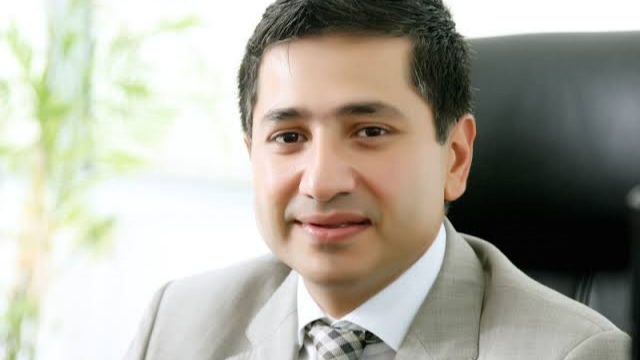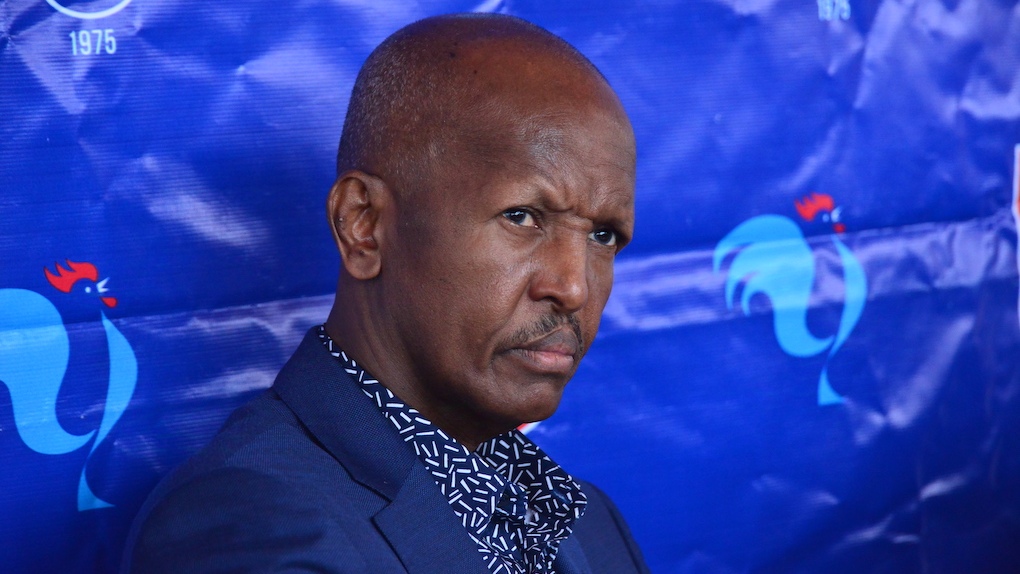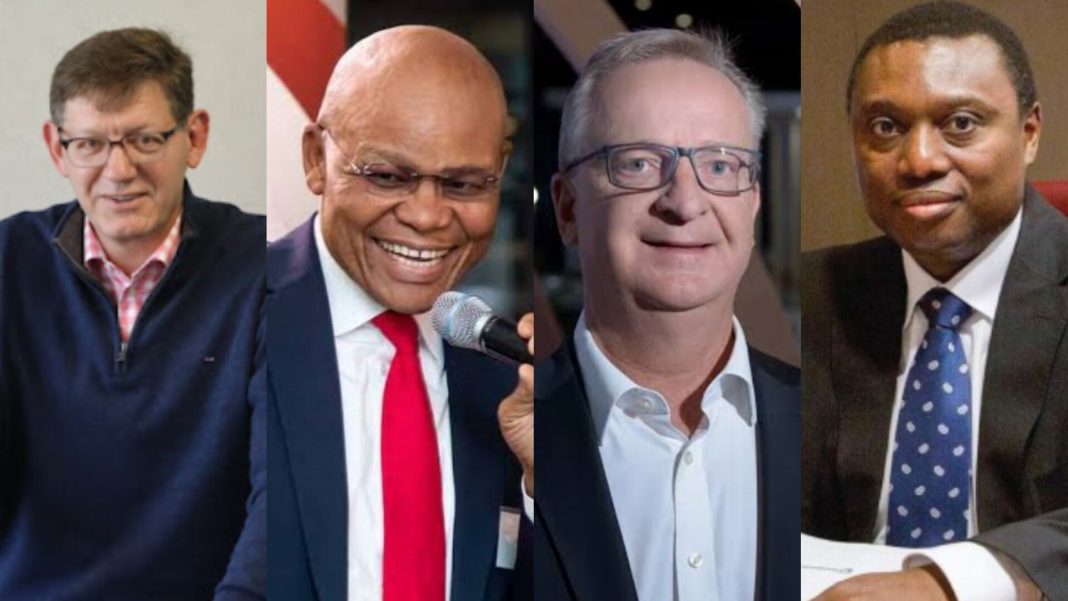Anand Kapoor is the founder and CEO of Midcom Group, a prominent international conglomerate with an annual revenue surpassing $1.5 billion.
Two decades ago, he departed from an MBA program in India to accept a position on a treasury and foreign exchange desk at a bank in Uganda.
After 18 months, at the age of 23, Kapoor reassessed his anticipated salary increase for the upcoming year and decided to leave.
He subsequently resigned from his position to establish his own enterprise, Midcom Group, with the support of Bhasker Kotecha, the current chairman and co-founder, who is also one of the bank’s largest investors.
“I opened up a foreign exchange bureau because that was my experience; I used to manage risk and treasury. It made me a lot of money,” he said
The calculated risk ultimately proved beneficial, as Kapoor, now 43 years old, has transformed the Ugandan start-up into a $1.5 billion conglomerate with interests spanning seven industries across 17 countries.
The profits generated from the foreign exchange business enabled Kapoor to pursue his ambitious growth objectives, although he encountered significant challenges when his bank collapsed, putting him on the brink of financial disaster.
Nevertheless, Kapoor methodically rebuilt the company following the acquisition of a rose farm and a school in Uganda.
The strategic decision to move Midcom’s headquarters to Dubai and enter the mobile phone distribution market in 2004 emerged as his most advantageous risk.
The distribution network, which has expanded throughout the Middle East and Africa, evolved into a billion-dollar enterprise starting in 2006, contributing 60 percent of the conglomerate’s revenue, according to Kapoor.
“We started controlling almost 15-20 percent of the entire handset volume in the region. In the good Nokia days, I was the world’s largest distributor for Nokia — the largest volume leader. Now we have all the brands — Samsung, Huawei, Lenovo — all of the brands,” he stated.
The expansion of Midcom’s distribution network, especially in Nigeria, was significantly supported by a joint venture (JV) formed with Samsung in Africa, operating under the brand name MStore.
This venture focuses on assembling consumer electronics products from the Korean conglomerate, including televisions, refrigerators, air conditioners, chest freezers, and microwaves.
However, the JV does not engage in the assembly of mobile phones; therefore, Midcom introduced its own brand, Fero, to address this market segment.
“Because we were distributing so many handsets in so many countries, we launched our own brand last year and we have already sold more than a million units in a couple of markets, with 5 percent or more market share,” he stated.
Kapoor states that he has formed partnerships with the leading three suppliers in China.
The mobile devices are priced between $8 and $190, serving 17 countries and reaching 10,000 distribution locations.
“There’s not much differentiation happening around the hardware. I personally believe that if the phone is robust and if it’s more affordable then people will give it a try.
“Today we have very stable processors, camera, screen and software in Android. Of course the ‘A [Apple] brands’ will always have the room [to dominate] but there is massive room available in this region for a mid-tier brand,” he said.
The $8 phone is primarily targeted at African nations, according to his statement.
However, he also notes that it may perform well in Saudi Arabia at specific times of the year, especially during Haj, when numerous individuals purchase inexpensive phones and subsequently abandon them.
In the GCC market, Fero phones will be positioned towards what he refers to as the “middle and top end,” with price points varying from $68 to $190.
“The AED700 is as good as a phone can be — best processors, cameras [Sony] and a very strong battery. I have a tie-up with the top three vendors in China and we have ensured that the quality will be the best,” he stated.
Midcom has introduced retail outlets under the Mstore brand.
According to Kapoor, these stores differ somewhat from conventional retailers, yet he anticipates that they will expand to become one of the largest in the region.
“We manage the retail for operators, so that takes away the cost factor for us, and we run their shops more efficiently. It’s a mix of standalone stores and operator stores. We now have 300 stores and I’ve got 1,000 [more] to be signed, but we’re trying to strengthen the back-end and recruit the right manpower. I would see that in 18 months’ time we will have 1,000-plus stores — probably the largest in Middle East and Africa,” he said.
With a current revenue of $1.5 billion, Kapoor anticipates a modest increase in Midcom’s sales; however, he asserts that profits are likely to enhance due to a projected rise in margins from 6 percent to 26 percent.
“Sales won’t grow this year; we’re very conservative this year. There will be moderate growth in terms of the top line. The way I’m steering the group is that growth happens more on the bottom line [profit] than the top line [sales].
“The next one or two years we have to see how much shrinkage there is in the market, or growth, and what stage do they settle down before the next level of growth and demand,” he said.
Other than Midcom, Kapoor holds a 49.5% ownership stake in Pearl Dairy Farms Limited, which produces the Lato Milk brand.
The company is primarily owned by Bhasker Kotecha and family, who have a 50.5% stake.
Together, they form part of the Midland Group, a conglomerate involved in various sectors across Africa and the Middle East.



